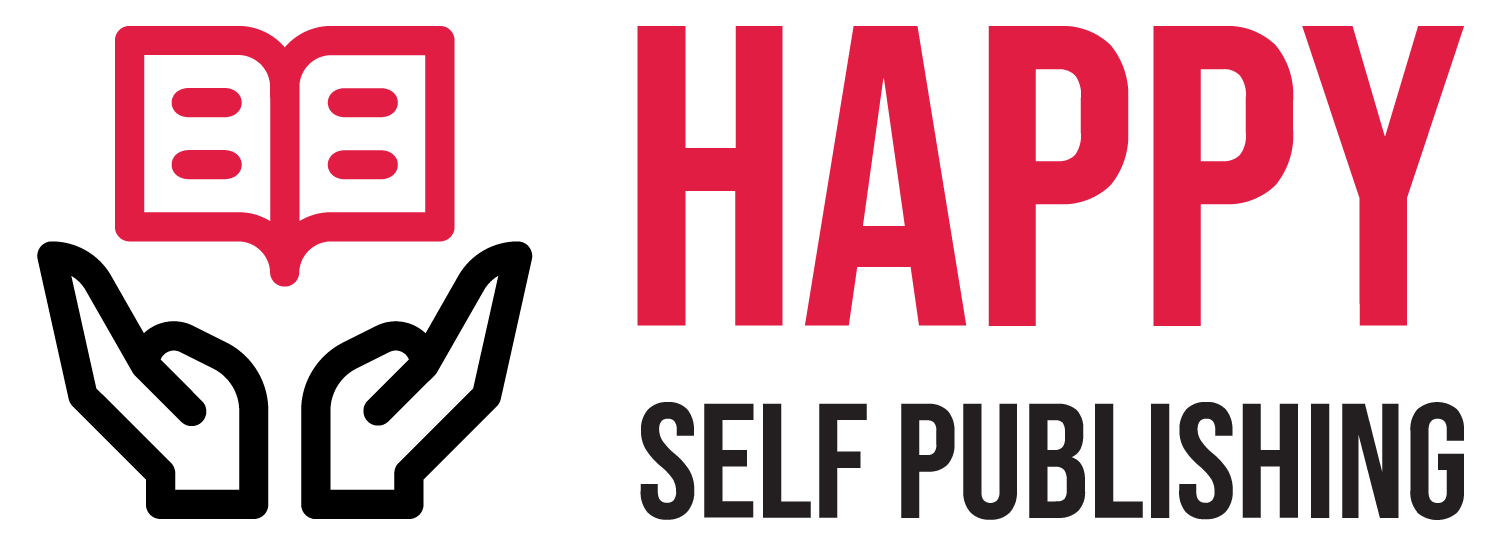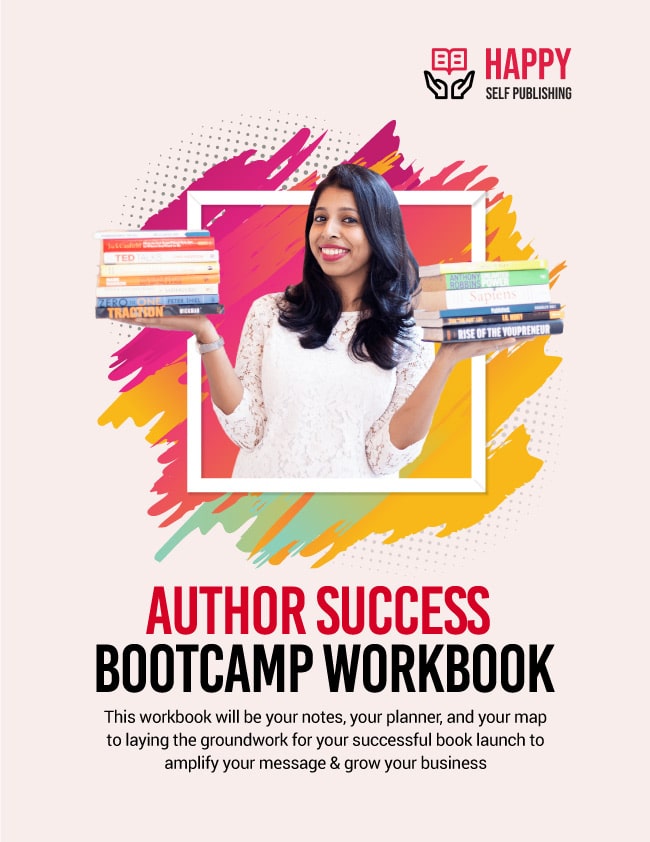For most authors, those days when they could write their book, hand it to their agent, and let the publisher do the work of writing, editing, publishing, distributing, and marketing it is long gone. Authors today are turning to self-publishing to get their work into the hands of readers. In addition to wearing their writer’s hat, self-published authors need to do just about everything that goes into packaging, marketing, and selling books, like building an author platform. And one of the most powerful ways to build an author platform today is through social media. Social media lets authors engage directly with readers and build a tribe of loyal fans from just about every country on earth.
Here are 10 social media strategies successful authors use to engage with readers — and sell more books:
1. Post photos of your travels on Instagram
Even if a book isn’t directly related to travel, globetrotting, or wanderlust in general, use the setting around the book to tie into the event, using relevant event hashtags to surface the photo in Instagram members’ searches. Posting photos on Instagram gives your readers a front row seat as you explore the world. Instagram gives you the opportunity to build excitement around new and upcoming books, whether it’s a whole stack of them or a single release.
2. Use your blog
Blog writing is becoming increasingly beneficial to help writers better communicate with audiences in an inexpensive way. If used effectively, blogs can help you to successfully market your self-published book. There is a lot of competition in the market, which makes it important to be creative and stand apart from everyone else. In order to earn and keep a following of readers, it’s important to stick a schedule. Establish a schedule of days to post, as well as a rotation of the general category or topics of your posts. Just be sure to set goals that you can honestly manage for the long haul. In order to draw more people to your blog make sure to use related keywords that people would use when searching the Internet. Put those keywords in your title and throughout your blog post. Meaningful and interesting titles are crucial in order to get more traffic to your blog. If your book has already been published, post upcoming events or book signings that you are having. This will help to keep your readers in the loop, and it will drive them to visit your blog frequently to check for new information. Leave valuable comments on blogger’s pages that are relatable to what you’re writing about. Including a link will help increase the traffic on your page if people find your comment helpful or insightful and want to learn more about you.
3. Produce Youtube videos of yourself as you write your next book
YouTube is essentially a free resource, which is available for anyone to use. As an author, you can take advantage of the huge levels of daily traffic YouTube will receive. It is the second largest search engine on the Internet. As a self-published author, this gives you the power to place useful and informative videos right under the noses of people who are most likely to purchase your book. It rewards video publishers who create highly engaging and relevant content. Authors are renowned for creating highly engaging written content; therefore, this medium is perfect for authors who have the ability to turn their written content into a visual source. A YouTube channel takes literally minutes to set up. There really are no excuses for not getting one set up!
4. Facebook ads
You want to make a big splash for your initial launch (and maybe give your book sales a boost from time to time). Using the Traffic objective will optimize your ad around getting the cheapest cost per link click. Then use the Traffic objective to start your ad. Add the targeting of likely readers (similar to the process in the boosted post). Ad text that might be compelling like reviews from readers or the fact that you are launching the book that day. If you have been doing videos or boosting your content, you can create a custom audience of people who have engaged with your content in the past. This will be a warmer audience who will be more familiar with you and be more likely to buy your book.
5. Crowdsource your book titles
An author can always use crowdsource to pick the title of their book. When one has several titles in mind, crowdsourcing can help them figure out which one people like the best. Run a Google AdWords campaign, with a separate ad for each proposed title. Each ad will point to a simple landing page. On the landing page, users will be able to vote for the title they prefer. They’ll also be able to submit their own title suggestions. Once there’s been enough activity, we can see which ads had the highest click-through rates. We can also see which title received the most votes. If there’s a strong correlation, we’ll know which title works best. If not, we can try to figure out the reason for the divergence.
6. Give advice on Twitter
Popular bloggers and bestselling authors host regular Twitter Q&As where they field questions — and dishes advice — on anything from running a startup to handling difficult relationship issues. It not only helps you connect with your audience but also keeps in you in vogue of the latest trends giving you an idea of what your readers want in reality.
7. Answer questions on Quora
Whether or not you are in fiction or non-fiction, your fans and readers are asking questions. You, as the author, need to be able to recognize what kind of questions your fans might ask…or better yet, what kind of questions lead to more sales. Quora For Non-Fiction is a little easier than fiction because most non-fiction is about a question. How do I increase my business? How do I lose weight? So on and so forth. Quora is your one-stop shop to connect to your users.
8. Give bonuses in exchange for sharing a link to your book on social media
There are typically two types of eBooks – paid and free. Businesses and bloggers often offer them for free as a clever tactic for effective lead generation. Regardless of whether they’re paid or free, eBooks take a long time to write and edit. Authors often spend days, months or even years researching, writing, editing and then finally publishing their e-Books. That’s why it’s heartbreaking to have to break this news to you: producing a good ebook is NOT enough to generate the sales results you desire. No matter how many deep insights, incisive research and unique content you provide, all your efforts may go in vain unless your eBook is promoted on the right channels, at the right time, to the right people. The digital world is an extremely noisy one, and this noise is only going to increase in future years. The eBook market, as it constantly evolves, is becoming oversaturated with products. By giving gifts in exchange for sharing your book link you not only involve the audience but also your book reaches its niche readers.
9. Launch a Twitter hashtag campaign
Any company in the digital sphere should know that Twitter is an important medium to utilize. However, with thousands and thousands of companies already onboard the Twitter bandwagon, it’s important to stand out from the pack. A viral campaign on Twitter is the most effective way for any business to secure re-tweets and an increased follower base — essential markers of success in the “Twitter-sphere.” A viral campaign can help your company’s presence on Twitter and also drive a significant amount of traffic to your website and other online social media channels.
10. Give a writing prompt on Medium
Medium has great tools facilitating community building. It’s easy to comment, highlight, send a private message and connect. The premise motivates hundreds of writers to share their thoughts and helped draw traffic to his weekly newsletter and books. All the blogs are in one place. Medium is a single platform hosting blogs of different genres. You can easily navigate between them without switching the URL. Medium interface is very clean and pleasing to the eye. The exposure on Medium, which gets over 30 million visitors a month is huge.
Closing thoughts… Social media has changed the way we market. It’s expanded and extended the reach that we can have as an author. We have no excuse for not marketing our book. We can reach people who we know will share our interests.
And gone are the days when we are dependent on just putting it out there and hoping for the best. Insights and data give us information about who is following us, or who we want to reach, and where to find them. For an author, it’s priceless. Whether you do it yourself, or you work with your publisher or a social media marketing service to help you, just make sure you are out there communicating with people who enjoy your content.







